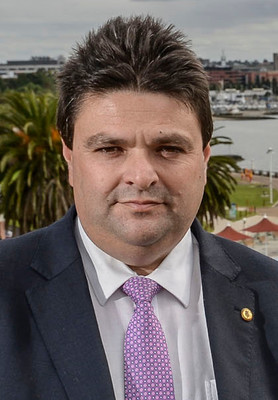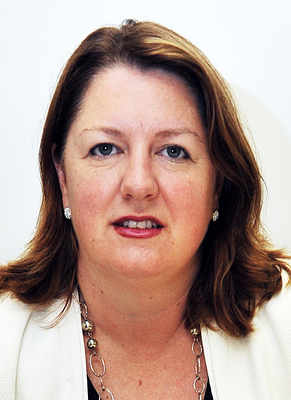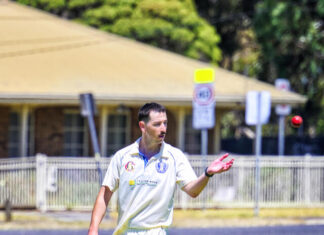A “citizens’ jury” to decide the structure of Geelong’s next council could be a front to deliver the Andrews Government’s preferred outcome, according to the State Opposition.
The government announced the jury this week despite receiving Victorian Electoral Commission (VEC) advice earlier this year on the appropriate structure following months of public consultations.
The 100-member jury would reconsider the number of councillors and ward structure as well as “how” the mayor was elected and whether a deputy was needed, the government announced.
“This is ridiculous,” South Barwon MP Andrew Katos said.
“The VEC has already done the review, the government just needs to make a decision on the deputy. Governments are elected to make decisions, so they should just make one.
“This is the government putting in someone else to make the ultimate decision so afterward the government can turn around and say, ‘Don’t blame us, the citizens jury came up with this’.”
The jury would be either stacked or directed to make decisions the government wanted, Mr Katos claimed.
“What’s the selection process? Will the names be made public?
“Is the Labor Party going through lists of branch members and supporters to decide who will be on the jury?
“What information will be presented to the jury to make its decision? Who will choose the information to be presented?
“This is a genuine concern. This government sacked the CFA board and every water board in the state to install its own people – I don’t have any confidence in anything it does on these sorts of issues.”
Mr Katos expected the jury to recommend against a directly-elected mayor, which the previous Coalition government introduced to Geelong.
The government’s announcement said only that the jury would consider “how” the mayor was elected, without any mention of a popular vote.
“Labor wants to go back to the bad old days of backroom deals among councillors to choose the mayor,” Mr Katos said.
“That way Labor can control what happens.”
The jury would be a “representative but random” sample of 100 residents, the government said.
All residents would be able to have their say so the jury was “fully informed” of community opinions about council.
State Labor wanted to “know what the people of Geelong think is best for their future council and to help design it,” Local Government Minister Natalie Hutchins said.
“The last council failed to deliver good governance and a citizens’ jury will help ensure that does not happen again.”
The state-appointed chair of Geelong’s council administrators was “strongly in favour” of the jury.
Dr Kathy Alexander had observed the “success of the concept” when she was City of Melbourne chief.
The system would provide “deeply informed participation in complex electoral decisions”, she said.
“This is an opportunity to hear the opinions from everyday people in all areas of the community, over and above the regular lobby groups. It also provides an opportunity for community members to learn about democratic and electoral models and their impacts on civic leadership.”
Get the latest news to your email inbox FREE!
REGISTER







